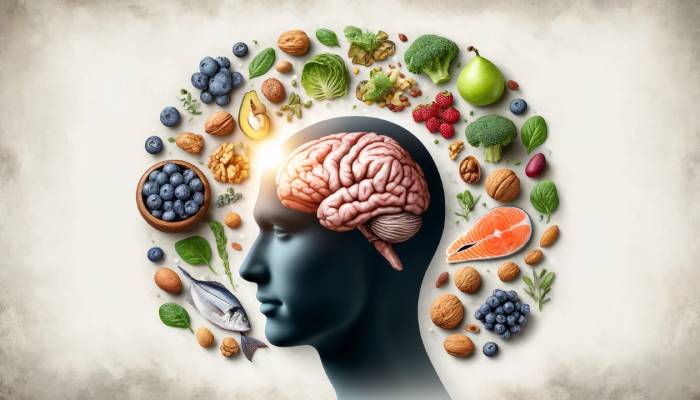The brain, despite making up only 2% of the body’s weight, consumes more than 20% of daily energy to function efficiently.
Experts in brain research recommend eating foods that support brain health to keep it sharp, young, and energetic.
Proper nutrition helps the brain heal, repair tissues, fight toxins, and produce essential chemicals necessary for cognitive function.
Carbohydrates & Brain Health
📌 Carb intake should be monitored carefully. While 130 grams per day is a good target, quality matters more than quantity.
📌 Not all carbs affect the body the same way. For example, high-carb fruits like grapes and watermelon can be combined with high-fat, high-protein foods (such as Greek yogurt) to slow down blood sugar spikes.
📌 Experts advise eating high-protein and high-fat foods first and saving carbs for later in a meal.
Risks of Eating Sweets on an Empty Stomach
🔹 Eating sweets on an empty stomach causes a quick spike and crash in blood sugar, leading to hunger, irritability, and long-term risks like diabetes, insulin resistance, and cognitive decline.
Why Monitor Carbohydrate Intake?
📌 You don’t need to count every gram of carbs, but keeping track helps in making better dietary choices and reducing excess carb intake.



